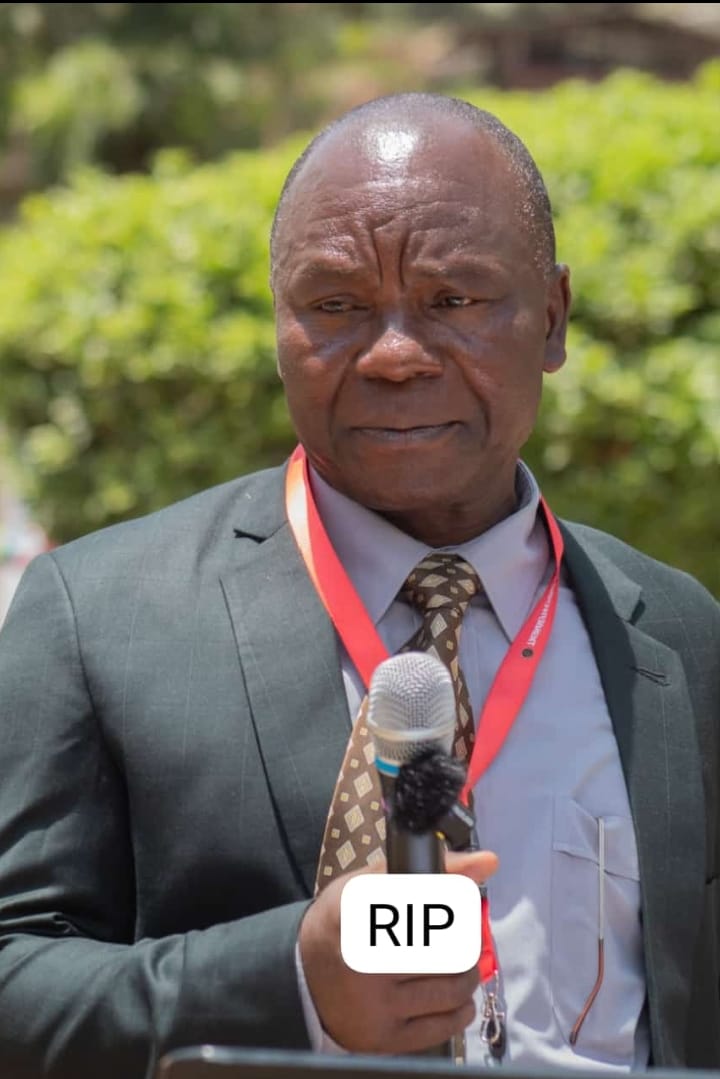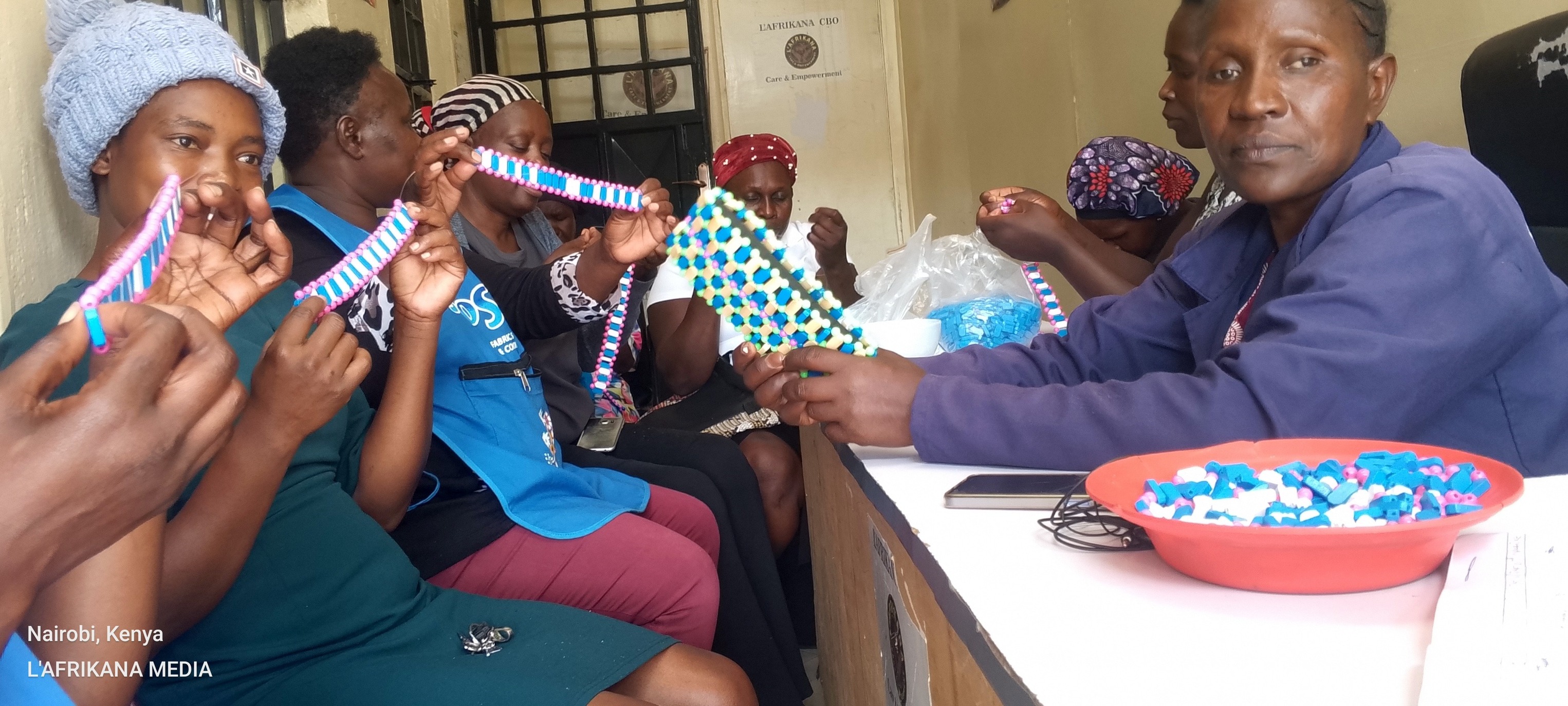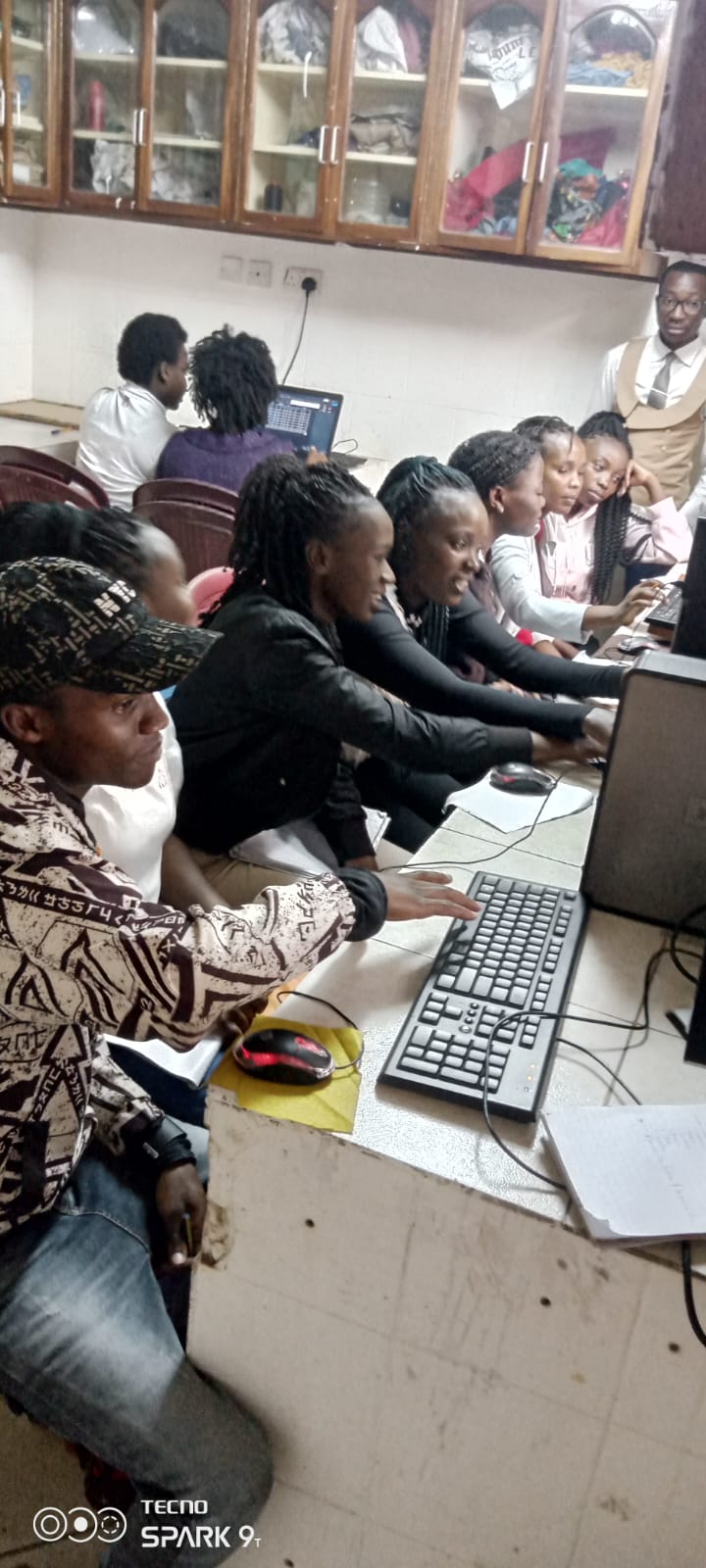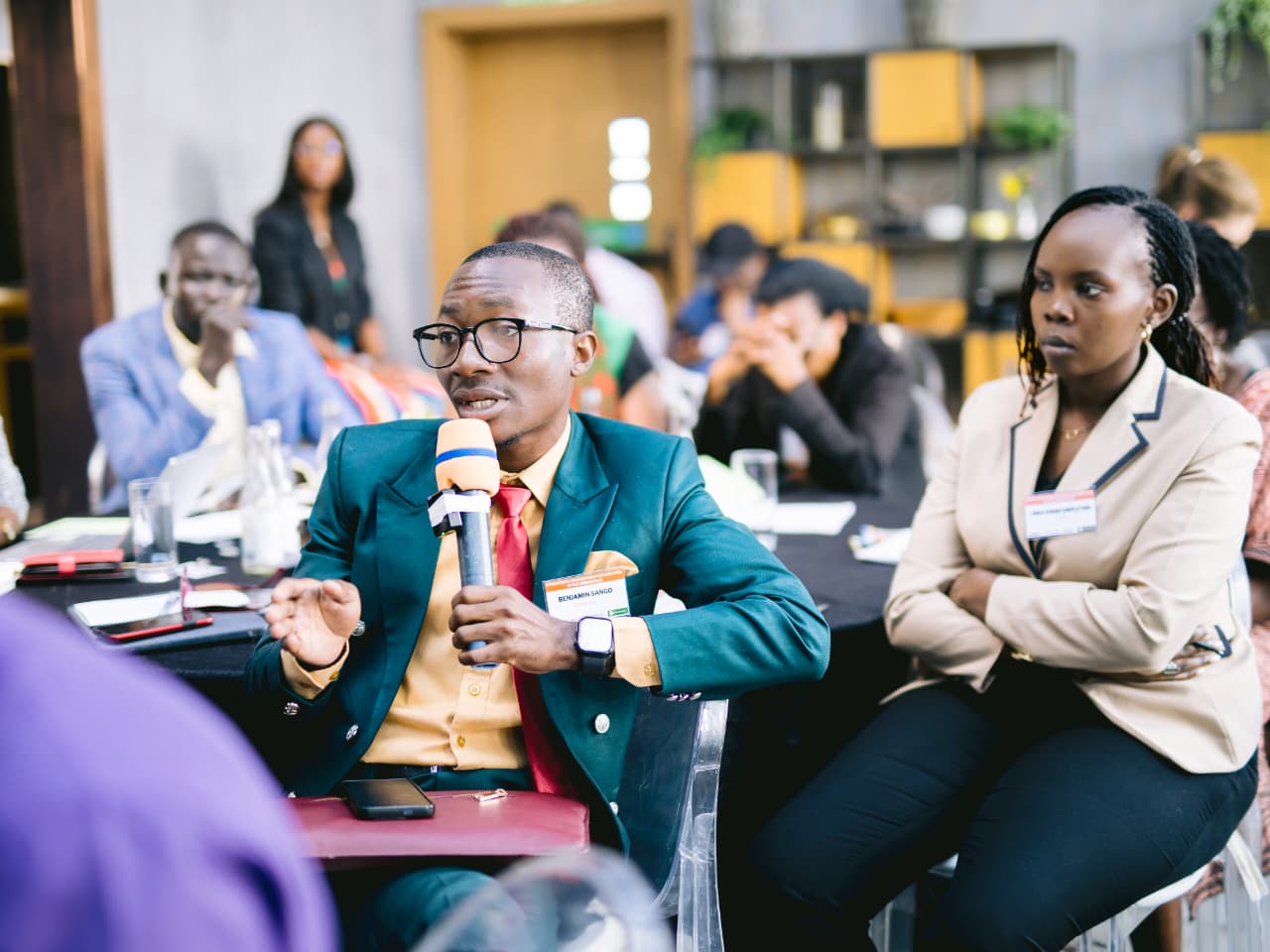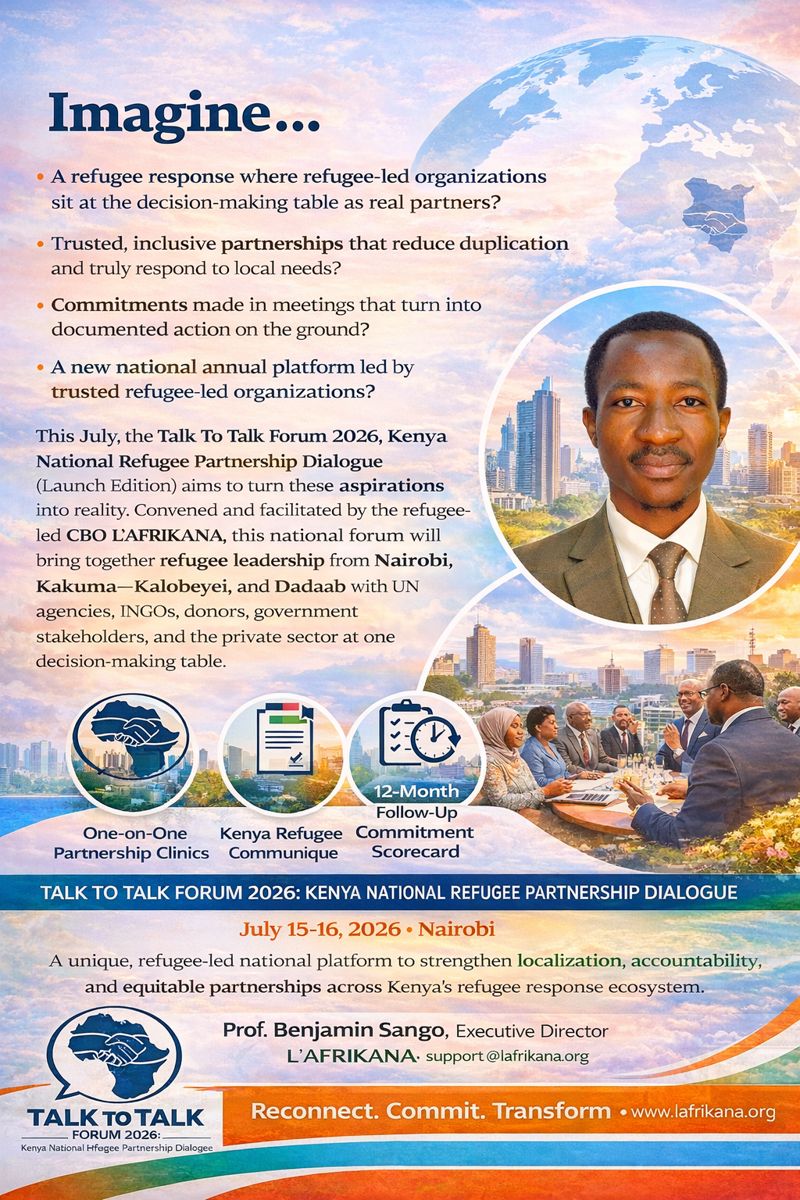Our News
“Unlocking Economic Opportunities: Kenya’s Journey Toward Refugee Inclusion”
Introduction: Kenya has taken significant steps toward promoting economic inclusion for refugees. With the enactment of the new Refugee Act in February 2022, there are promising developments that can positively impact the lives of displaced individuals. In this article, we’ll explore what the new legislation means for refugees’ economic participation and discuss the challenges they still face. ________________________________________ 1. The New Refugee Act: A Paradigm Shift Kenya’s Refugee Act introduces critical changes related to economic inclusion, integration, and refugee status determination. Refugees now have the right to engage in gainful employment or enterprise, as well as practice their professions or trades if their qualifications are recognized by competent authorities in Kenya1. This provision opens doors to the labor market, allowing refugees to contribute to the national and local economy.
Read MoreFUNERAL SPEECH ON BEHALF OF L'AFRIKANA
Dear family, friends, and colleagues, We gather here today with heavy hearts to bid farewell to a remarkable man, a visionary leader, and our beloved Chairman, Mr. Salongo Msoshi Lokole Simbi. His sudden passing has left us in shock and sorrow, and as we stand here, we reflect on the immense impact he had on our lives, our organization, and our community.
Read MoreHOW L'AFRIKANA IS TRANSFORMING EDUCATION FOR REFUGEES
In the heart of Nairobi, where stories of resilience and hope intertwine, L'Afrikana stands as a beacon of change, illuminating the path to education for refugees. Our mission transcends traditional learning; we aim to empower, uplift, and transform lives through holistic educational initiatives.
Read MoreTRANSFORMING COMMUNITY LIVELIHOODS SINCE 2009
L'Afrikana Community-Based Organization began as a humble initiative in 2009, founded by a group of resilient refugees and committed local community members who believed that true transformation must come from within. What started as a small, grassroots movement under the banner of "Women and Youth Alive" quickly grew into a vital platform that has empowered thousands of individuals through education, skills development, advocacy, and social inclusion. Officially registered in 2015, L'Afrikana has since evolved into one of the most respected refugee-led organizations in Kenya, offering sustainable solutions to the livelihood challenges facing both refugee and host communities.
Read MoreWhy Refugee Education Can’t Wait ?
All children deserve a future. Sadly, for millions of refugee children globally, this future is getting harder to reach each day. Education is not only a basic human right, but it is also a powerful tool for creating change. Unfortunately, far too many young refugees do not have access to education. At L’Afrikana, we firmly believe that providing education to refugee and host children is essential and cannot be postponed. Their future depends on it, and we are committed to making sure it happens. It's about giving them hope and a fair chance in life. We recognize that education is crucial for empowering these children and helping them build better lives, despite the challenging circumstances they face. THE URGENCY OF NOW Right now, more than half of the world’s refugee children are not attending school. In some places, especially in Africa, the situation is even worse. Children in refugee camps and city settlements face huge challenges, such as being far from home, living in poverty, feeling unsafe, and dealing with traumatic experiences. These obstacles make getting an education very difficult. Delays in providing education mean children lose more than just learning; they lose hope, opportunities, and the ability to rebuild their lives. Whole generations might grow up without the knowledge and skills needed to escape poverty, help their communities, or stand up for their rights. Education for refugees is not just something nice to offer; it’s essential for peace, stability, and a prosperous future. EDUCATION IS PROTECTION Education offers more than just teaching reading, writing, and math. It protects refugee children from daily dangers. Schools are safe havens where children are less likely to be exploited, forced into child labor, married too early, or recruited by armed groups. When refugee children attend school, they are less likely to fall into cycles of violence and poverty. They gain both academic knowledge and crucial life skills like conflict resolution, emotional resilience, and civic responsibility. Education empowers them, giving them a voice in their own futures and in their communities.
Read MoreHow L’AFRIKANA Is Bridging the Gap for Girls and Youth in Kenya
In a world that is rapidly going digital, millions of young people are still left on the wrong side of the divide—especially those from refugee communities, informal settlements, and low-income families in Kenya. For many, the dream of ever touching a computer, let alone mastering it, seems distant. But at L’AFRIKANA, we are rewriting that story—one lesson, one young life at a time. Why Digital Skills Matter Now More Than Ever The global shift to digital platforms has transformed everything from learning and job hunting to entrepreneurship and civic participation. In Kenya, mobile money, online businesses, and digital education have become central to daily life. But while some young people are innovating in tech labs, thousands of others—especially refugee girls—lack even basic access to a computer. This gap is not just technological; it’s educational, economic, and gendered. Girls in under-resourced communities face multiple layers of exclusion: from societal expectations that limit their mobility to the lack of devices and internet access in their homes or schools. Digital skills are more than just tools for employment—they’re keys to self-expression, civic agency, and independence. Without them, our youth risk being left behind in a future they deserve to be part of.
Read MoreWhat Is Behind Kenya’s Decision to Stop Registering Eritreans as Refugees?
By Prof. Benjamin Sango – Executive Director, L’Afrikana Kenya & Canada
Read MoreCentering Refugee-Led Organizations in the Shirika Plan: A Pathway to Real Inclusion
As Kenya advances into the next phase of the Shirika Plan, the national transition framework for refugee inclusion, one truth stands out clearly: the success of this plan depends on strong, intentional collaboration with Refugee-Led Organizations (RLOs). The Shirika Plan represents one of the most significant shifts in refugee policy in Kenya’s history. It aims to transition refugees from aid-dependent encampment to meaningful inclusion in social and economic life. But for this vision to move from policy to reality, the structures guiding its implementation must reflect the voices, expertise, and leadership of the communities at its heart. At L’AFRIKANA, we believe that this moment offers Kenya a remarkable opportunity to redefine how humanitarian and development systems work—by grounding them in community leadership.
Read MoreTalk To Talk Forum 2026: Reimagining Partnership in the Refugee Response
Across Kenya and beyond, conversations about refugees happen every day — in coordination meetings, project reviews, policy discussions, and donor consultations. Yet too often, those most affected by displacement are invited only after decisions have already been shaped. Refugee-led organizations are frequently expected to implement solutions rather than help design them. For many years, this gap has quietly shaped how humanitarian and development systems operate. Partnerships exist, but trust is uneven. Coordination exists, but understanding is incomplete. Dialogue happens, but rarely leads to measurable change. Talk To Talk Forum 2026 was created to change that reality. Planned for 15–16 July 2026 in Nairobi, the Talk To Talk Forum is a national refugee-led convening that brings together refugee leadership from Nairobi, Kakuma–Kalobeyei, and Dadaab alongside UN agencies, NGOs, diplomatic missions, donors, government representatives, and private-sector actors. Its purpose is simple but ambitious: to transform dialogue into accountable partnership.
Read More-
Call Us
-
Email
-


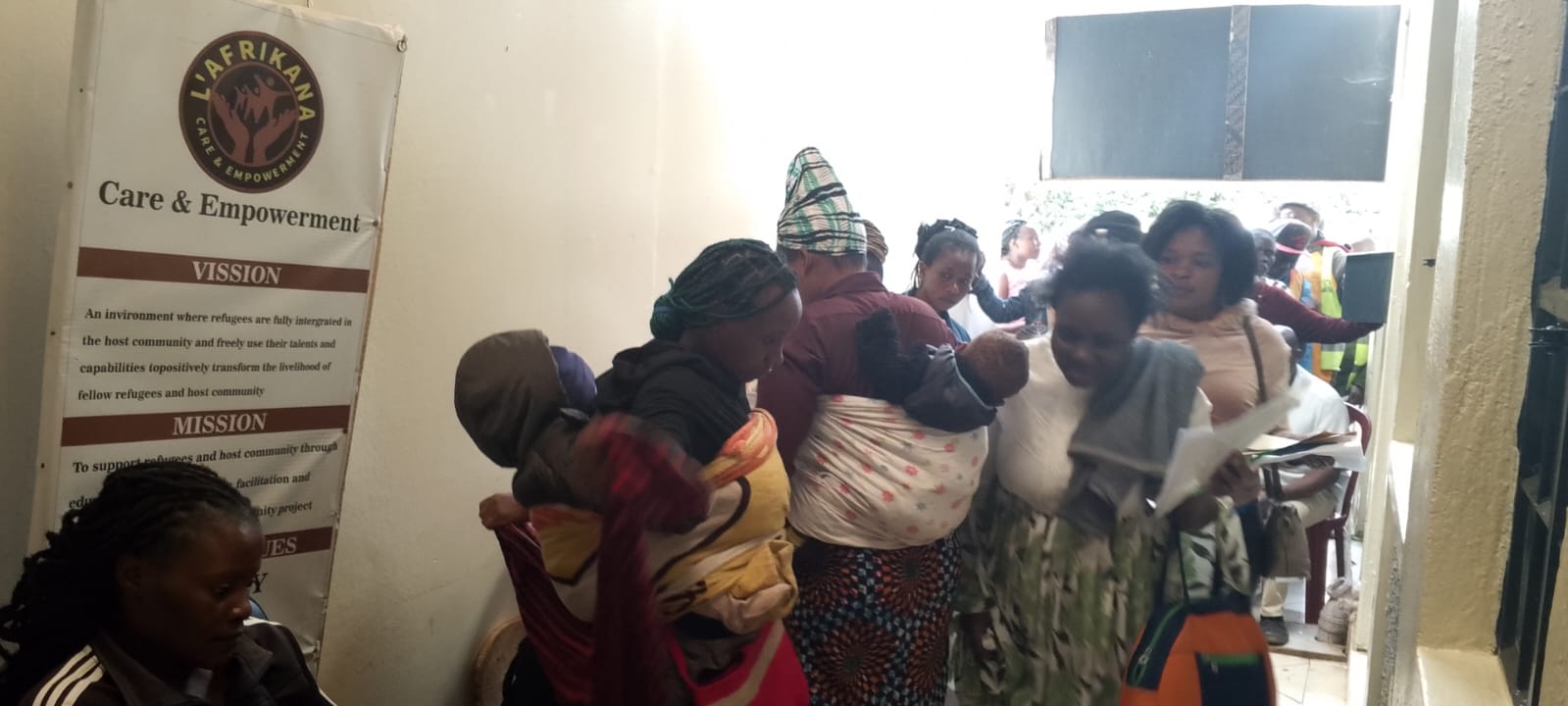
 Charity
Charity